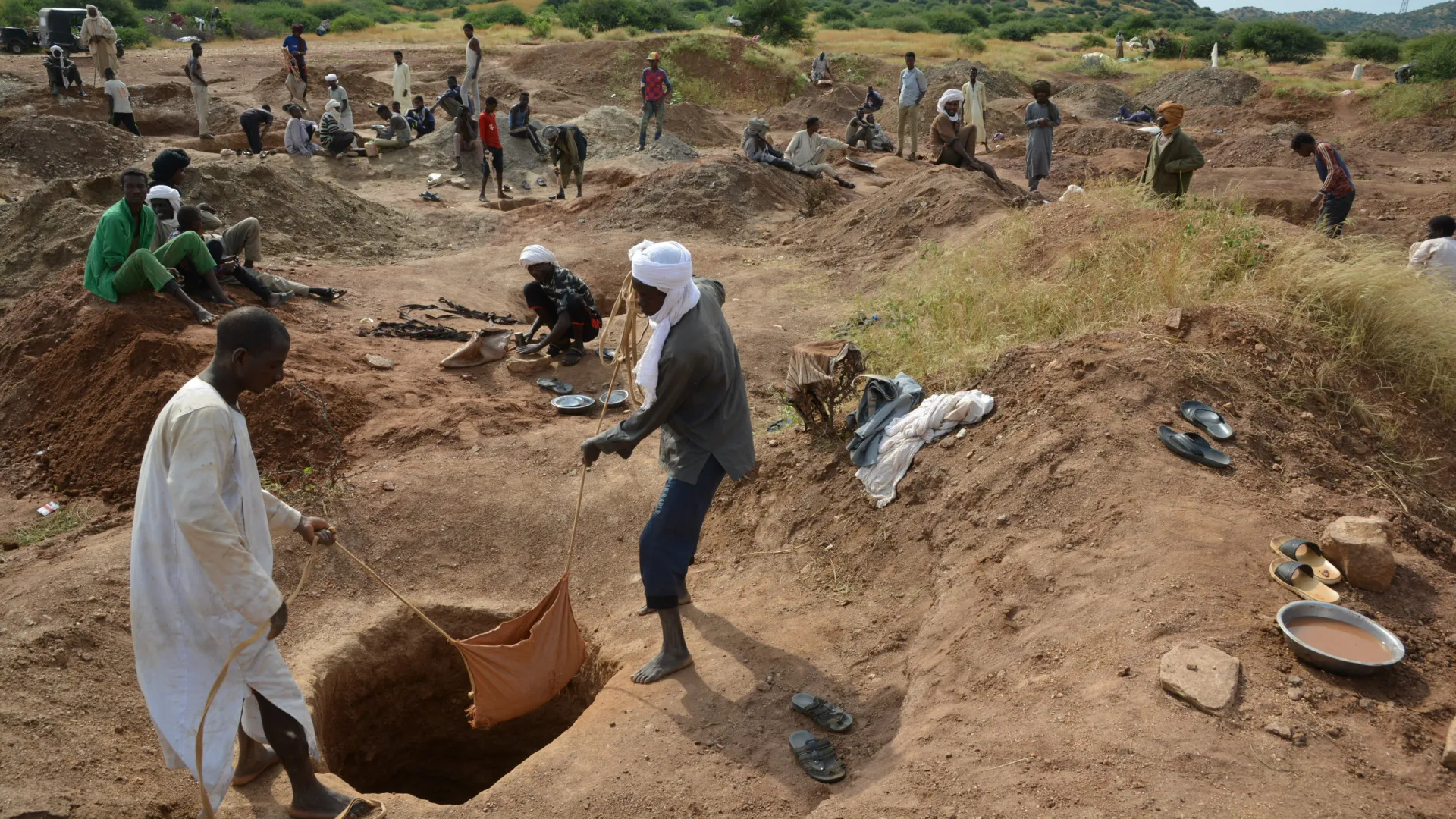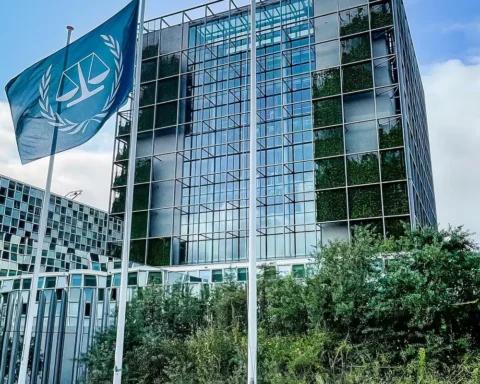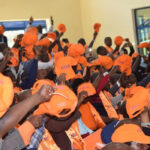A devastating mine collapse in northeastern Sudan has left eleven gold miners dead and seven others injured, in yet another tragic incident highlighting the dangerous conditions facing artisanal miners in the country.
The collapse occurred at the Kirsh al-Fil site, deep in the Howeid Desert, located between the towns of Atbara and Haiya.
Though the accident is believed to have taken place over the weekend, local officials and emergency responders were only able to confirm details days later due to the site’s remote location and ongoing instability in the region.
The miners had been working informally in a shaft that had previously been declared unsafe and shut down. However, in a country ravaged by war and economic collapse, such warnings are often ignored. The seven survivors were taken to nearby medical centers, though their conditions remain undisclosed.
Sudan is one of the top gold producers in Africa, and much of its output comes from artisanal and small-scale mining—a form of mining carried out using rudimentary tools and techniques, without formal oversight. These practices are dangerous and regularly result in fatal accidents, especially in unregulated open-pit mines that are prone to cave-ins. Learn more about artisanal mining here.
In 2021, at least 38 people were killed in a similar collapse in West Kordofan, and multiple incidents have occurred since, underscoring a broader issue of safety neglect and regulatory breakdown.
Also Read; British, Singapore Airlines Cancel Dubai Flights After Strikes
Complicating the matter is Sudan’s ongoing civil war, which began in April 2023. The conflict between the Sudanese Armed Forces (SAF) and the Rapid Support Forces (RSF) has pushed much of the country into chaos, weakening institutions and allowing informal mining to flourish under increasingly dangerous conditions.
Gold from these mines often finds its way into illicit regional markets, eventually making its way to destinations like Chad, South Sudan, Egypt, and the United Arab Emirates, bypassing formal export channels and depriving the state of much-needed revenue.
Community leaders near the mine have voiced their frustration. “These deaths were preventable,” one elder in Howeid said. “There are no safety officers, no inspections, and no accountability. We bury our brothers while the world watches.”
Local humanitarian groups are calling for urgent reforms in the mining sector, including increased regulation, improved safety enforcement, and economic alternatives for communities that rely on artisanal mining for survival.







